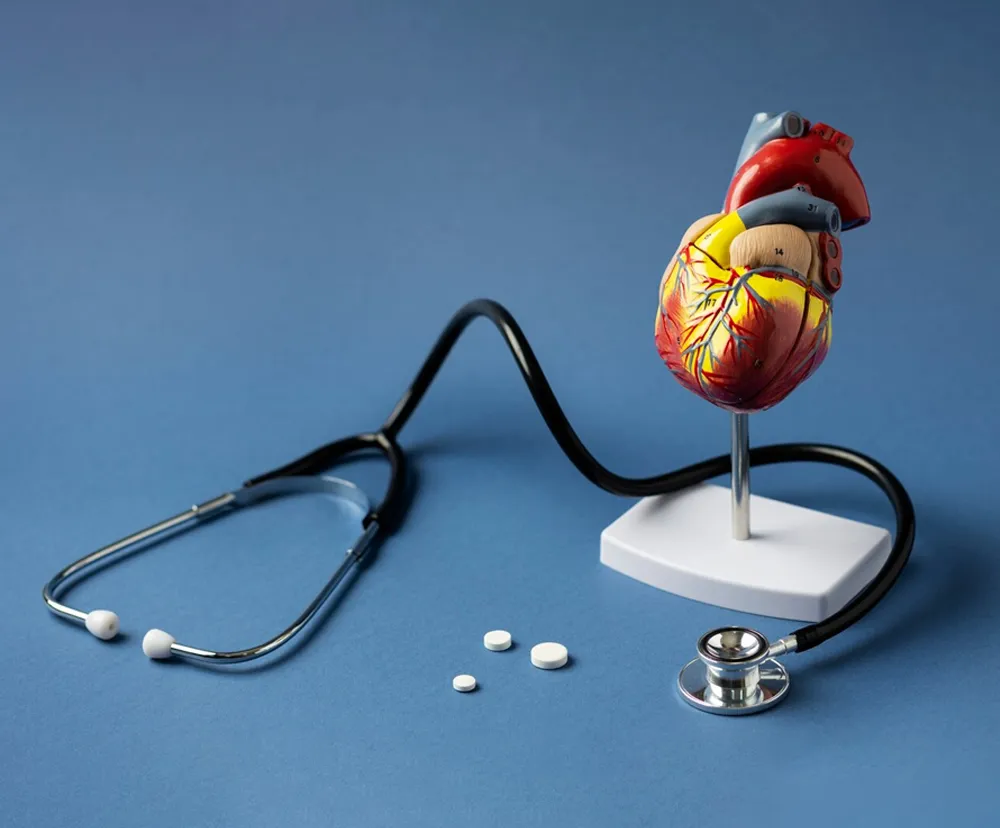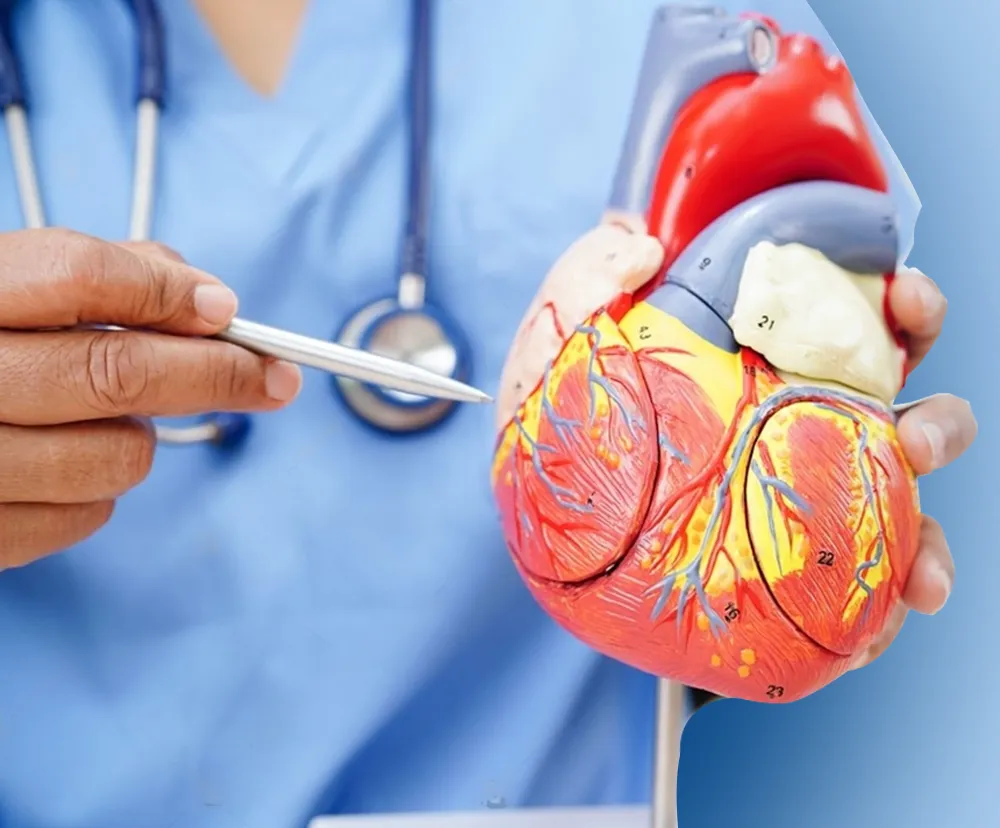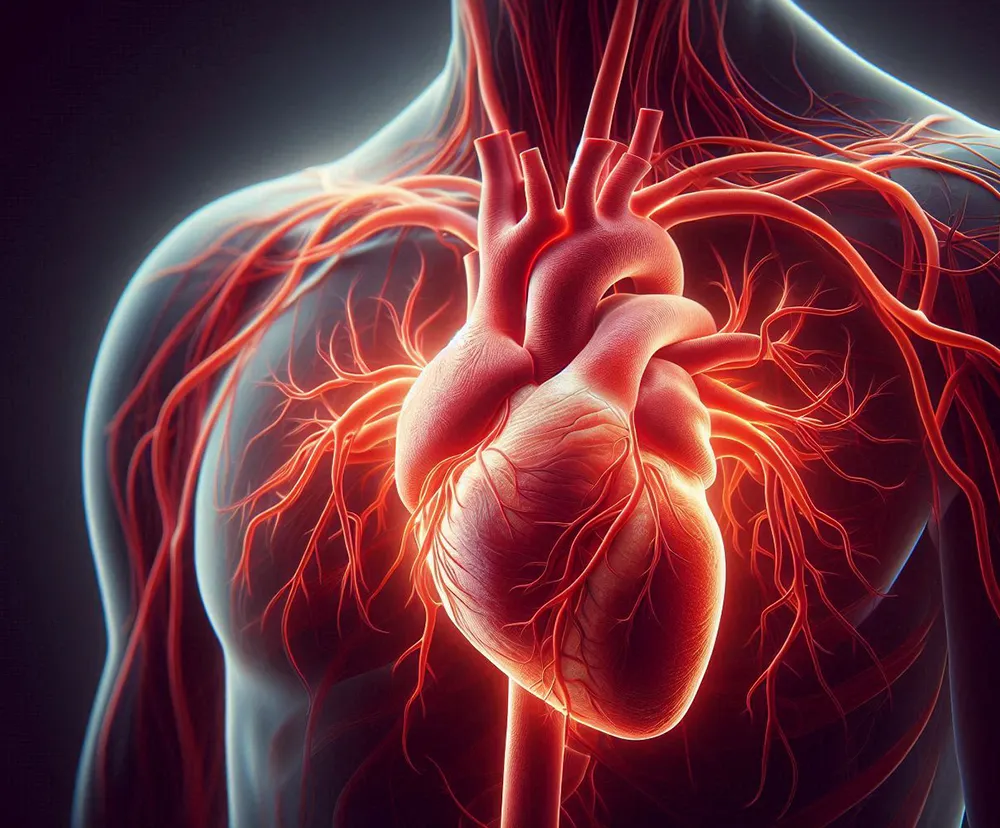Standard Diagnosis And Testing For Cardiovascular Disease
Standard Diagnosis And Testing For Cardiovascular Disease
Introduction
Every fourth death in India is due to cardiovascular diseases. This statistic is even more alarming considering that this development began after the year 1990. From 1990, the number of cases has more than doubled, and an early onset of the disease is now affecting younger people. This makes it all the more important for early diagnosis and testing for cardiovascular diseases. Here are details on how you can do that easily.
What are the tests for cardiovascular disease diagnosis?
Various tests are presently available as part of diagnosis and testing for cardiovascular disease. The most common approach includes a clear understanding of family history apart from the following tests:
- Blood tests.
- Chest X-ray
- Electrocardiogram.
- Holter monitoring.
- Echocardiogram.
- Stress tests.
- Cardiac catheterization.
- Heart CT scan.
- Heart MRI scan.
What are the preventive or screening diagnostic tests for cardiovascular disease?
While diagnosis and testing is as listed above, the main screening for cardiovascular disease includes the following:
- Blood pressure – This is considered as a mandatory test, as high blood pressure may not present symptoms normally. The best option is to undergo tests to screen. Normal blood pressure is below 120/80 mm Hg, and you need to check this yearly. When the values are higher, you will need to control it through medication and lifestyle modifications.
- Cholesterol – This is checked through blood tests that check your total cholesterol, LDL cholesterol, HDL cholesterol and triglycerides levels. Based on the results it is possible to roughly estimate your future risk of cardiovascular disease.
- Weight/obesity – Your waist circumference and/or body weight helps to measure body mass index. Obesity increases the risk of heart disease and stroke.
- Blood glucose –Untreated diabetes can indirectly cause heart disease and stroke.
- Lifestyle – If you happen to be a smoker, if you are physically inactive, or if you follow a poor diet, you are at risk.
What are the recommended levels?
- Blood pressure level is considered normal if it is below 120/80 mm Hg.
- The normal cholesterol levels for adults are as given below:
- Total cholesterol for adults is considered normal if it is less than 200 mg/dL. If it is between 200–239 mg/dL it is borderline high, and above 240 mg/dL is considered high.
- LDL cholesterol is considered as normal if it is less than 100 mg/dL. If it is between 100–129 mg/dL it is borderline, and between 130–159 mg/dL is labelled as borderline high. Levels between 160–189 mg/dL are high, and above 190 mg/dL are very high.
- HDL cholesterol is considered best when it is 60 mg/dL or more. When the levels are below 40 mg/dL it is considered as poor (in this context it is bad).
- Normal triglyceride level is below 150 mg/dL.
- Normal body mass index (BMI) for adults is between 18.5 to 24.9. Levels between 25 and 29.9 are regarded as overweight, levels between 30 and 39.9 are considered as obesity. When the levels are above 40, it is regarded as severe obesity.
- Fasting blood glucose levels between 70–99 mg/dL are considered as normal. Levels between 100–125 mg/dL is regarded as prediabetes, and above 126 mg/dL is diagnosed as diabetes.
What is the best approach to test for cardiovascular disease?
The best approach to diagnosis and testing would be to undergo tests and assessment for modifiable risk factors as well as non-modifiable risk factors. For instance, by checking for blood pressure, cholesterol, diabetes you can work on reducing the effects. You can bring about changes in lifestyle and also rely on medications to mitigate the effects.
There are other factors that pose a risk of heart attack or other cardiovascular diseases. This is the genetic component – such as an inherited condition or some genetic mutation. By undergoing genetic tests, you can uncover these risks and work towards mitigating them. The tests, presently available in Tamilnadu, involve analyzing your saliva or blood sample. This looks for genetic mutations or changes that could predispose you to certain conditions.
Based on the genetic test reports, your cardiologist will recommend lifestyle changes, and medications, wherever necessary. This will considerably reduce your future or lifetime risk of heart attack. Therefore, the best approach is to check for all possible risk factors of cardiovascular disease and take appropriate remedial measures.
What are the traditional risk factors for cardiovascular disease?
Multiple factors are considered as traditional risks for cardiovascular disease. The most common among these include the following:
- High blood pressure – This is medically labelled as a silent killer, as it develops undetected for a significant percentage of people. The warning signs are usually detected after the condition has progressed to an advanced stage. This makes it essential to periodically opt for diagnosis and testing to check for the condition.
- Overweight – Obesity will indirectly cause cardiovascular diseases, when left untreated. The numbers clearly explain this – 8 out of ten people who have CVD are either overweight or obese.
- Diabetes – People with diabetes may end up with CVD at some point, if the condition is left untreated. This is because diabetes may cause (i) nerve damage and (ii) damage to blood vessels resulting in build up of fatty deposits.
- Smoking – Multiple effects are attributed to smoking. For instance, smoking reduces the amount of oxygen in the blood, casing damage to tissues. Similarly, fibrinogen levels increase due to smoking, which contribute to increased blood clotting factors. Another effect is damage to blood vessels, that result in build-up of plaque, eventually resulting in atherosclerosis.
- High cholesterol levels – This causes build-up of fatty deposits in the blood, and this eventually results in atherosclerosis.
- Alcohol – Consumption of alcohol can cause an increase in blood pressure levels, and also weaken heart muscles. Additionally, drinking also brings about oxidization of LDL cholesterol, resulting in the formation of blockages.
- Stress – This causes release of excessive hormones such as adrenaline and cortisol that will cause an increase in blood pressure and heart rate. Stress is also responsible for increased inflammation, and blood clotting, that increase the possibility of stroke.
Medically Reviewed by
Dr. Rajasekar Cardiologist
Dr. Rajasekar is a cardiologist in Chennai, with extensive experience in the field. He completed his MBBS from Madurai Kamaraj University, followed by an MD in General Medicine and a DM in Cardiology from The Tamil Nadu Dr. M.G.R. Medical University (TNMGRMU)
Related Blogs :

Understanding Genetic Methylation Tests: A Guide
Understanding Genetic Methylation Tests: A Guide Introduction What is Genetic Methylation? The Role of Methylation in Gene Expression The Importance of Genetic Methylation Tests Health Conditions Linked...


Expert guidelines on treatment and management of cardiovascular diseases
Expert guidelines on treatment and management of cardiovascular diseases Introduction What are the various cardiovascular disease treatment options? What are the treatments for cardiovascular disease in advanced...




